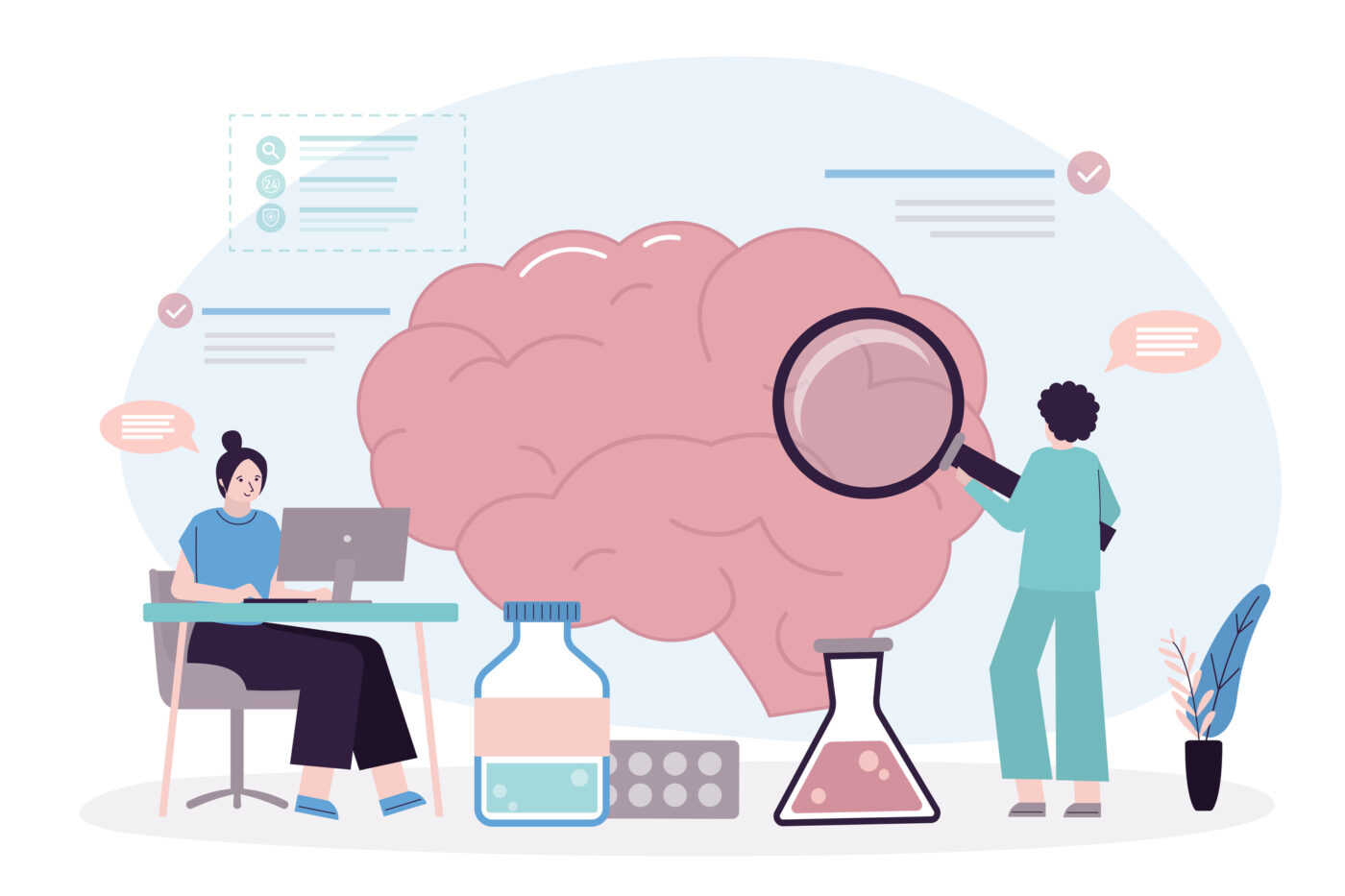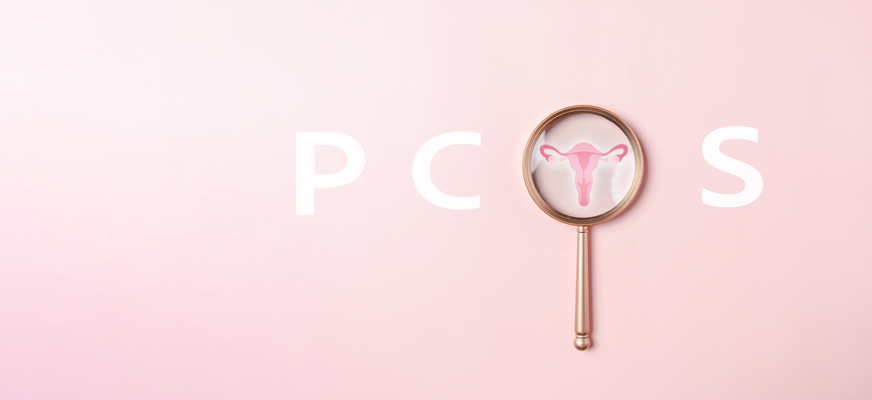Keto Diet and Alcohol
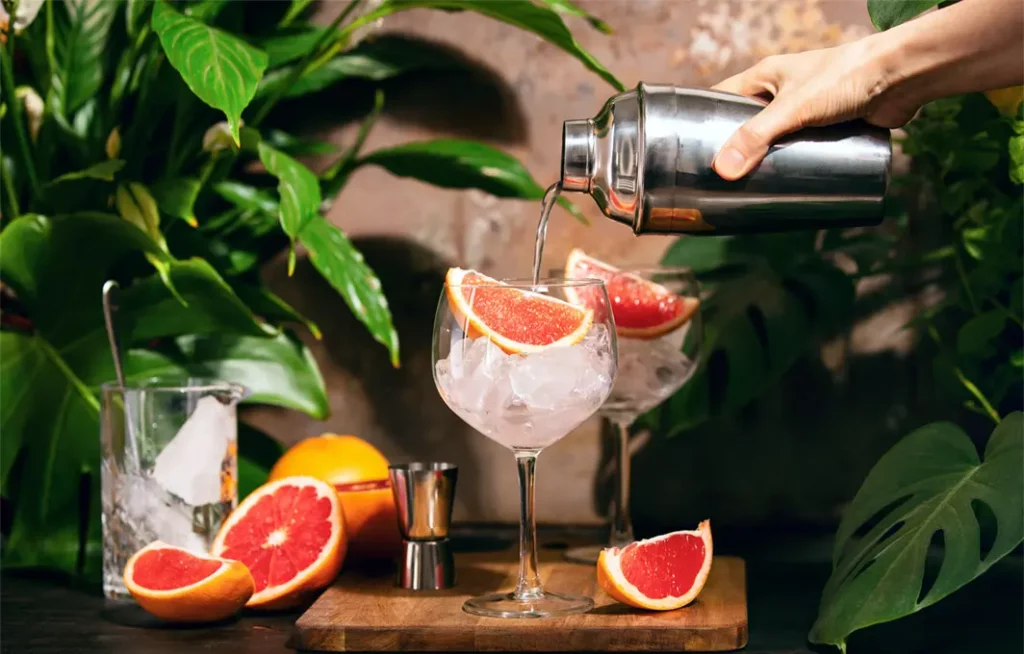
You’re on a ketogenic diet and working on shedding unwanted pounds when suddenly there’s a proposition to go out for a party or a barbeque. You know there’ll be alcohol involved… What to do? Moreover, in the summer, when the evenings are long and warm, you might have a greater desire for a cold beer or cocktail. In such moments, the question arises: can drinking alcohol ruin the effects of your diet? After all, the products selected on a ketogenic diet should be nutritious and not contain carbohydrates… How does this relate to the situation when we consume alcohol? Or perhaps there’s such a thing as sugar-free alcohol? Be sure to read the article below, where you’ll find answers to your burning questions.
Ketogenic Diet and Alcohol
Firstly, it must be emphasized that alcohol consumption is not advisable on any diet aimed at fat reduction and weight loss. The ketogenic diet is no exception. It’s a high-fat diet characterized by severely limited carbohydrate intake and sets fats as the primary energy source. And although pure alcohol does not contain these carbohydrates, it’s still a source of empty calories. Furthermore, it does not provide any minerals or nutritional value to the body, and moreover, the liver digests it first. This negatively impacts the burning of fat tissue, which could slow down the process of weight reduction.
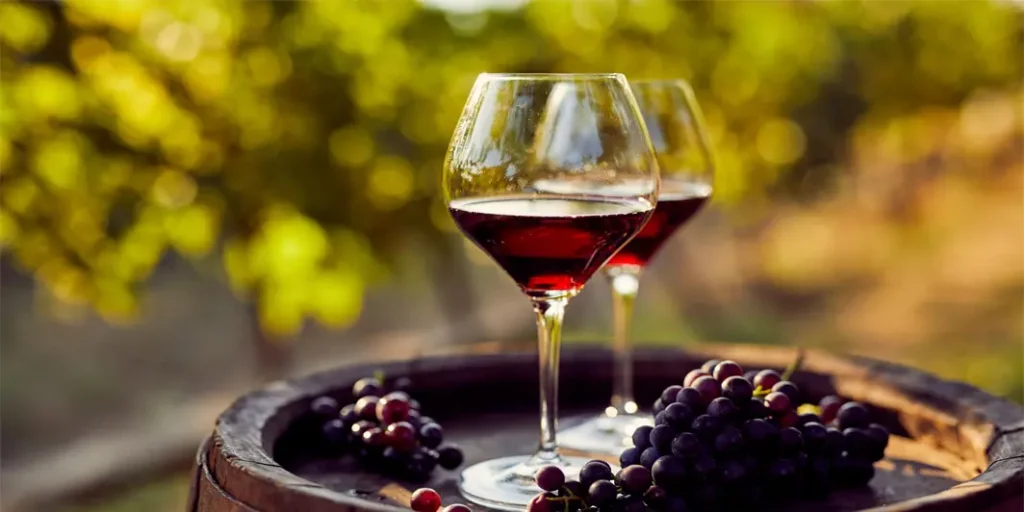
Alcohol on the Keto Diet – Is it Allowed?
The effect and metabolism of alcohol is an individual matter. Everything depends on weight, health status, experience, mood, as well as the body’s ability to digest different components. Let’s take a closer look at the process of metabolizing alcohol. The alcohol consumed is prioritized by the liver, which almost immediately breaks it down and then wants to remove it from the body as quickly as possible. As a result, on a low-carbohydrate diet, the feeling of intoxication occurs much faster due to the action of metabolic substances. Additionally, although alcoholic beverages are high in energy, they don’t actually contain any nutritional ingredients. What’s more, they primarily contain a substantial dose of sugars, which are entirely undesirable on the keto diet.
So what to do in the case of a barbecue with friends, a birthday party, a wedding? Can you drink alcohol then, or should you absolutely abstain? Everything depends on the amount and type of alcoholic beverages. The most important thing is not to disrupt the state of ketosis.
What alcohol is prohibited on keto?
On a keto diet, consumption of alcohol containing obvious amounts of sugars is forbidden. Therefore, all sweet flavored alcohols, such as liqueurs, tinctures, mead, sweet and semi-sweet wines, are discouraged. They contain a lot of sugar, which means a substantial dose of carbohydrates, thereby disrupting the reduction of fat tissue and hindering weight loss.
What alcohol is allowed on keto?
Although the concept of keto alcohol doesn’t exist, you can, in small quantities, drink whiskey, vodka, brandy, or tequila. These types of strong alcohols do not have added sugar, and therefore do not contain carbohydrates. Just remember to reach for pure alcohols in this situation, without the addition of sweet sodas or juices.
As for wine, make sure it’s a dry wine, as the amount of carbohydrates it contains will not disrupt the state of ketosis. Moreover, a glass of wine has a positive effect on the circulatory and digestive system and improves digestion. Sweet and semi-sweet wine, regardless of color, contains large amounts of carbohydrates and such alcohols are definitely not welcome on a low-carbohydrate diet.
What beer in ketosis?
Beer is one of the most popular and frequently consumed alcohols. However, it’s often referred to as liquid bread for a reason, as it usually contains a lot of digestible carbohydrates. Unfortunately, there is no way to find any beer without their content and therefore, this beverage is completely forbidden on the ketogenic diet. Even light beer contains from 2 to 5 g of net carbohydrates. In such a situation, even small amounts of beer can ruin the effects of the diet. If you want the ketogenic diet to bring expected results, you must exclude the evening beer from your menu.
Alcohol and Ketosis
Alcohol consumption involves delivering empty calories to the body. Occasional drinking of low-carbohydrate alcohol won’t be a problem, but its excess can lead to the opposite effect, weight gain. Furthermore, drinking alcohol increases hunger and negatively affects metabolism and hormone levels. So should alcohol be completely excluded from the ketogenic diet? It depends on the stage of the diet. It’s worth avoiding it, especially at the very beginning of dietary changes.
Alcohol – avoid it in the initial phase of the keto diet
The initial phase of a low-carbohydrate diet involves putting the body into a state of ketosis. This is the moment when the body learns to draw energy from fat, not carbohydrates. In this initial period, alcohol can threaten the state of ketosis because the liver starts processing it immediately after consumption. For this reason, it’s better to avoid alcohol for the first few weeks of the diet. After going through keto adaptation, you can occasionally allow yourself small amounts of permitted types of alcohol.
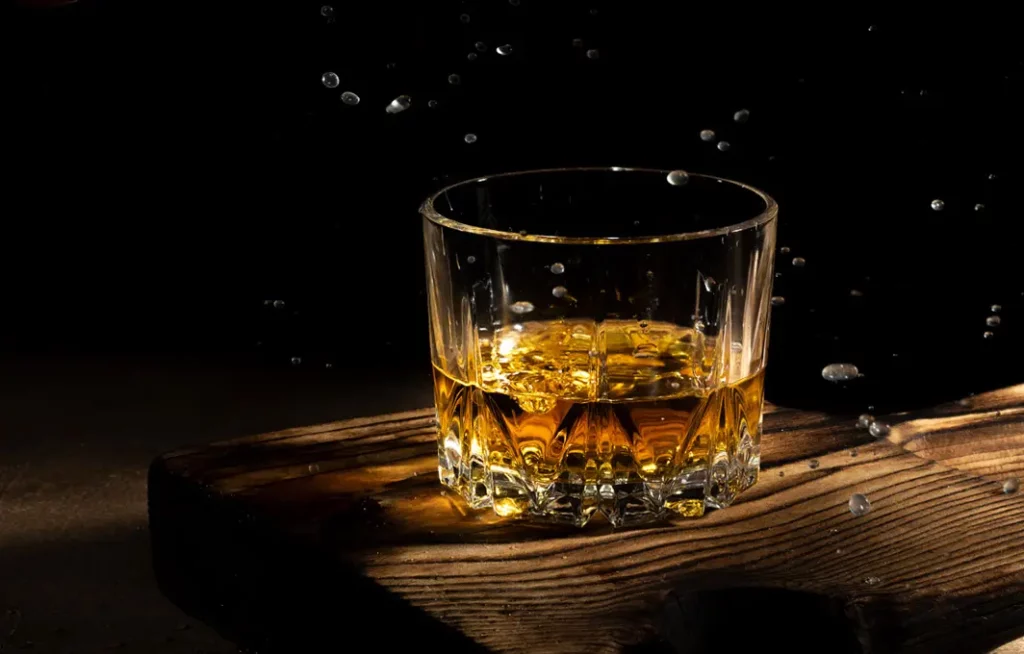
I’m on keto. What if I’ve already had a drink?
The ketogenic diet, besides a series of benefits, also has side effects. One of them is reduced tolerance to consumed alcohol, commonly known as being a lightweight. Moreover, depending on the type of alcohol consumed, it has to be included in the daily carbohydrate limit. As the ketogenic diet aims to minimize carbohydrate intake, their daily intake must be appropriately reduced after consumption.
How to minimize the harmful effects of alcohol?
Unfortunately, there is no safe dose that will protect you from the side effects of drinking alcohol – everything depends on your body. You can certainly minimize its harmful effects. How to do this? Above all, remember: before you reach for alcoholic beverages, eat a nutritious, fat-rich meal. Fat slows down the action of alcohol and protects the stomach from its harmful effects. Furthermore, alcohol enhances the excretion of compounds needed for proper functioning, so take care of proper hydration. A good idea, both before, during, and after consuming larger amounts of alcohol, is replenishing electrolytes. Ketolytes electrolytes will work great, which will not only provide the body with missing minerals but also help you cope with general fatigue, headache, and concentration problems.
